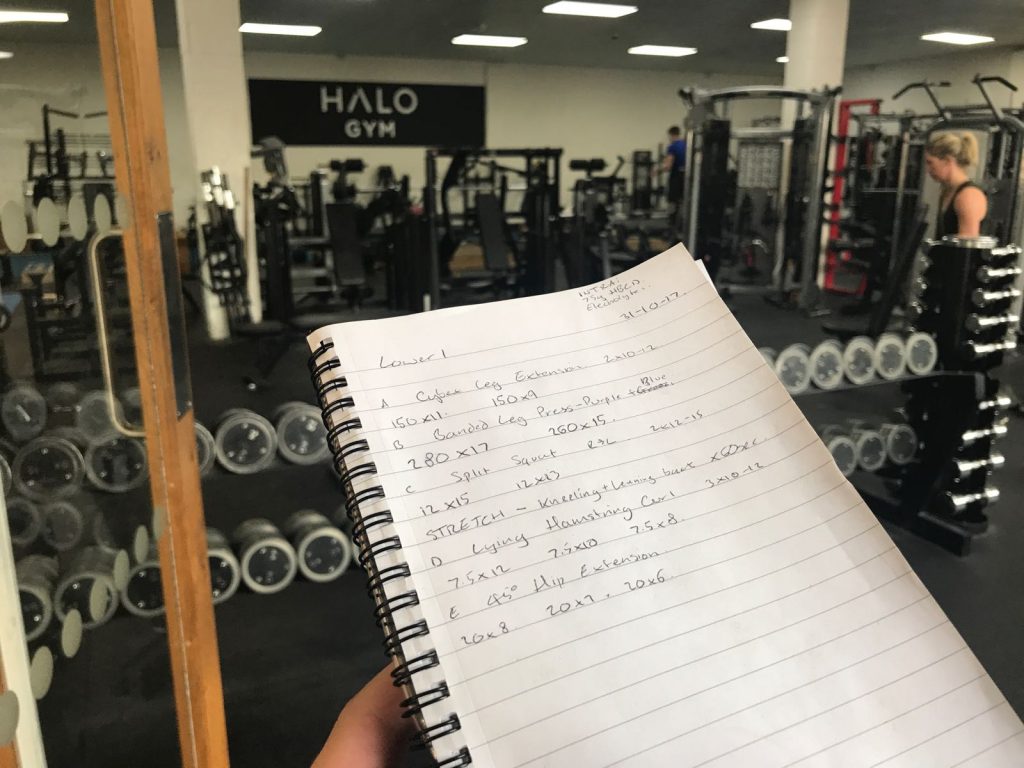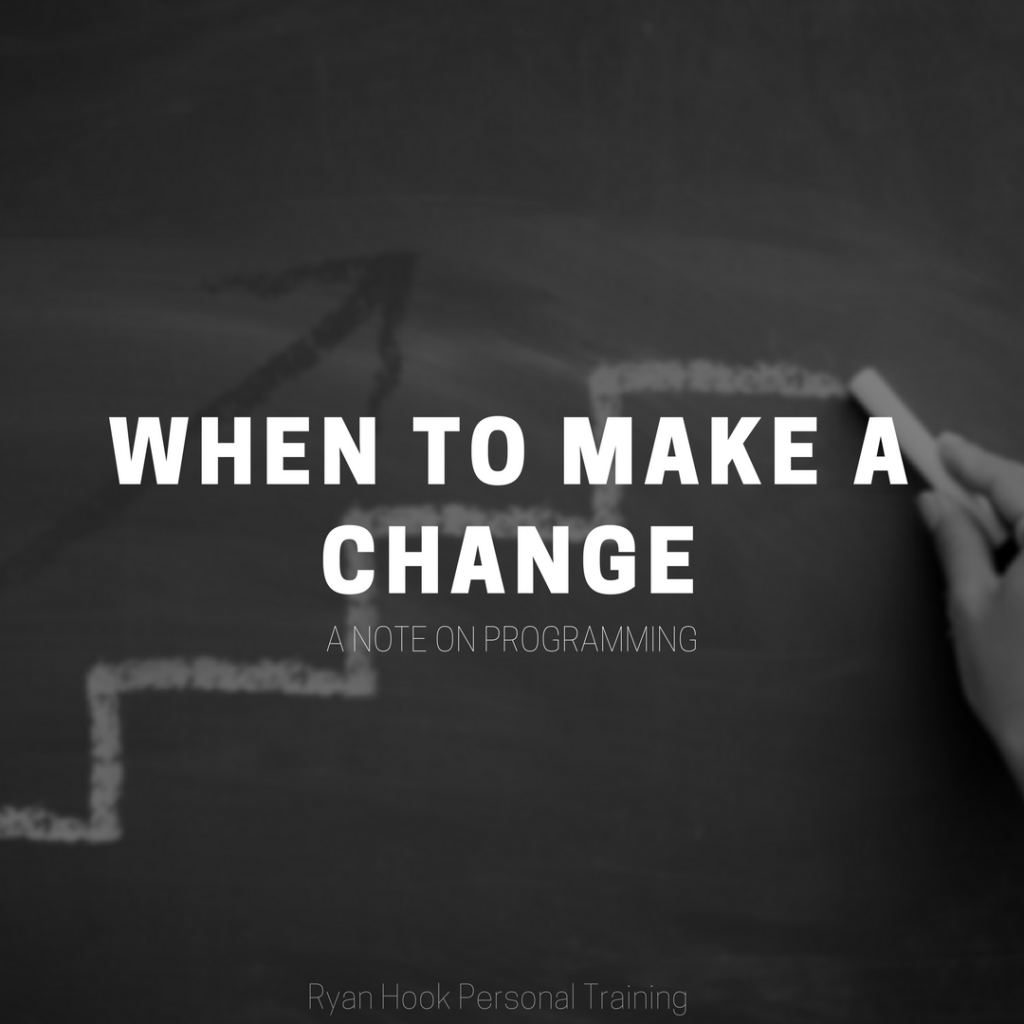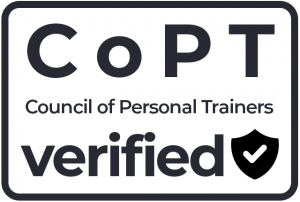HOW OFTEN DO WE NEED TO MAKE CHANGES IN ORDER TO MAINTAIN PROGRESS?
By Ryan Hook

How often do we need to make changes in order to maintain progress?
There is a common misconception that making frequent alterations to programming will improve our rate of progression. When looking at adjusting variables within training and nutrition, the main objective should always be to elicit an adaptive response.
However these changes should only be applied after we have exhausted our ability to progress using the current approach. By modifying things prior to this, we are simply making changes for the sake of it, losing out on the progress we potentially could have made by continuing the previous practices.
The saying “Don’t fix something that isn’t broken” rings true here. If you are making progress doing what you are currently doing, why would you want to change this? If your lifts are progressing week by week, your body composition is moving in the right direction, you’re recovering well, sleep quality is good, stress levels are low and so on, don’t just jump the gun and start ‘switching things up’. What you’re doing is working, so be patient and just keep chipping away.
Training in a progressive fashion is often enough of a novel stimulus in itself, and when you do start to plateau in some way, a complete overhaul usually isn’t necessary. It’s amazing what just a few small adjustments to key variables can have.

Of course, designing and implementing an effective training and nutritional programme in the first place is of utmost importance – without this none of the above applies. From here we then need to track progress, keeping an eye on a variety of variables which will give us an indication of what changes NEED to be made and when. This is where having a good coach comes in.
So what is the take home message from all of this? Be patient and trust the process. Start making decisions based on facts and stop making changes for the sake of change. If you’re not sure on how or when to make these changes, hire someone that does.

About the author
Ryan is an experienced PT at Halo Gym, holding qualifications including Level 3 Personal Training Certificate, Level 2 Gym Instructor, KBT Level 1 Nutrition, and KBT Level 2 Strength and Conditioning.
He has a particular interest in body composition and using his training skills to help clients transform the way they look.

